Who is Fatima Daas? Both a pseudonym and the main character of this novel. Fatima-of-the-novel is the ‘last one’ in her family, the only one born in France rather than Algeria, the third daughter her parents may not even have wanted.
I started with that question because the whole book represents Fatima’s reckoning with her self, the different parts of her identity. All of the chapters bar one begin with a declaration of her name and go on to depict an aspect of her experience, in writing that often echoes the rhythms of a prayer:
My name is Fatima.
I seek stability.
Because it’s hard to always be on the outside looking in, looking at people, never with them, your life passing you by, everything passing you by.
Translation from french by lara vergnaud
Within the pages of this book, we see Fatima as a daughter who feels she doesn’t belong in her mother’s kitchen; as a people-watcher on the train from the suburbs into Paris; as someone who lives with asthma. She’s a lesbian and a Muslim, and is searching for a way to reconcile the two. She enjoys the experience of visiting her family in Algeria, but still ultimately feels like a tourist.
All these different aspects of Fatima’s life jostle together in The Last One. By the end, there’s a sense that she is on the way to working things through and finding a place for herself.
Published by HopeRoad.
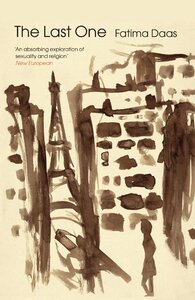
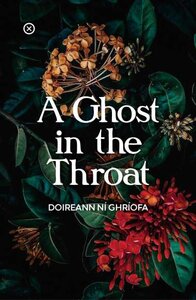
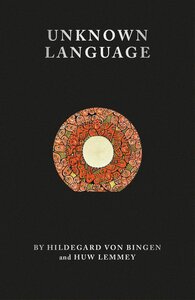
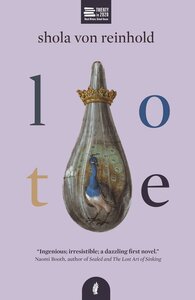
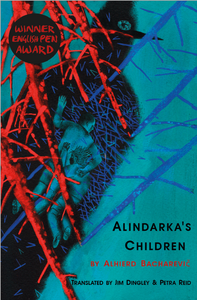
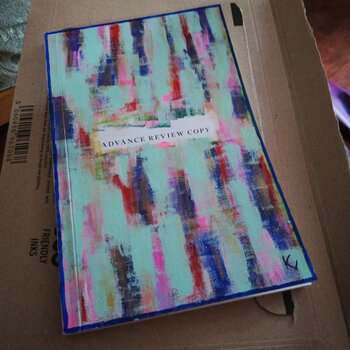
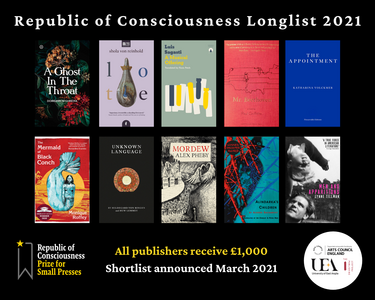
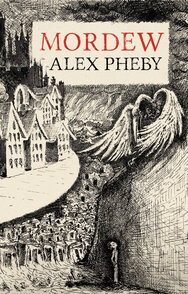
Recent Comments